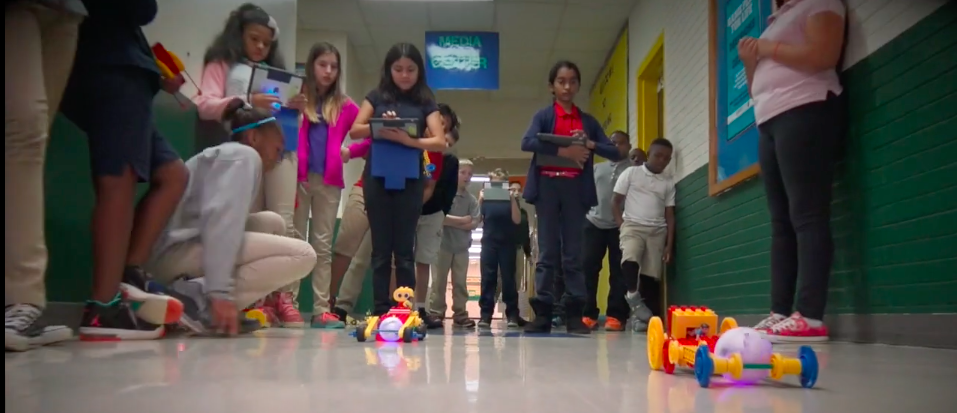What Are the Pros and Cons of Mainstreaming

Many learners with special needs are placed into a self-contained class or multi-class program in which they learn alongside peers who have disorders. This is referred to by the number of learners to teaching staff ratio, such as a 12:1:1 class environment; 12 learners, 1 teaching assistant, 1 educator. Placing learners with special needs into the regular education class is known as mainstreaming. In this article, we will discuss the pros and cons of mainstreaming.
Pros of Mainstreaming
Social Advantages: Special needs learners get to receive their education with their non-disabled peers who are the same age as them. By doing so, learners interact with their peers in ways that the special education class wouldn’t do. Many learners with special needs often have an identified need to improve their social skills. Placing them into courses with a diverse group of learners can help increase those skills. It helps self-esteem because they know that they are in “regular” education courses with their peers.
By blending learners of differing capabilities into one class, it helps the learners with special needs. Still, it also helps the regular education learners by teaching them how to work with others who are different from them. It teaches all learners compassion, acceptance, collaboration, and patience, life-long skills that will better prepare them for the future.
Academic Advantages: An additional advantage of mainstreaming is that they receive the same curricula content as their non-disabled peers. They may be provided with accommodations and modifications to the curriculum; they are still learning what everyone else is learning. It gives these learners a chance to learn something that they may not have had a chance to learn in a special education class.
Tolerance: If classes aren’t mainstreamed, then many learners will not be exposed to learners with special needs. This means that they will never learn or promote the kind of tolerance that will carry with them through adulthood. Mainstreaming special needs learners with the rest of the population exposes all learners to all types of people, whether they have disorders or not. As the other learners learn tolerance, learners with special needs will learn what behaviors are acceptable.
Cons of Mainstreaming
There can also be cons to running a mainstream class.
Social Disadvantages: Some learners with special needs have behavioral issues that will need to be addressed in the class. These issues are not only disruptive to their classmates but can also be embarrassing to the learner, causing more damage to their self-esteem and the social world than would happen if the learner was not mainstreamed.
Academic Disadvantages: While learners with special needs can use the same curricula as learners without special needs, they may not keep pace with the work. This can make them feel like the odd man out. The effort educators have to make to ensure that everyone understands the work may also take away from the rest of the class. This can impact the pace of the class as a whole. While some mainstreamed learners with special needs will have pull-outs into a resource room or some other means of personalized tutoring, any slowdown in the class pace that can impact reaching specific goals is an issue.
Tolerance: Tolerance is an amazing thing to learn, but it comes with tradeoffs. Learners who do not have special needs may be under the impression that the learner with special needs “gets away” with more than the rest of the class.
Evaluating the Pros and Cons
As stated before, more and more learners with special needs are being placed into regular education courses because of a belief that it is the least restrictive environment for them, based on their needs. This comes with a lot of work for the learners, parents, and educators involved. The IEP team needs to make the placement decision based on what is best for the learner. The decision needs to be thought out, and if the learner is mainstreamed, they need to be carefully monitored and need to ensure that they have all they need to be successful in the mainstream class. The pros and cons need to be weighed periodically so that the plan works to the learner’s benefit and does not decrease the educational goals of either the individual or the other learners in the class.






